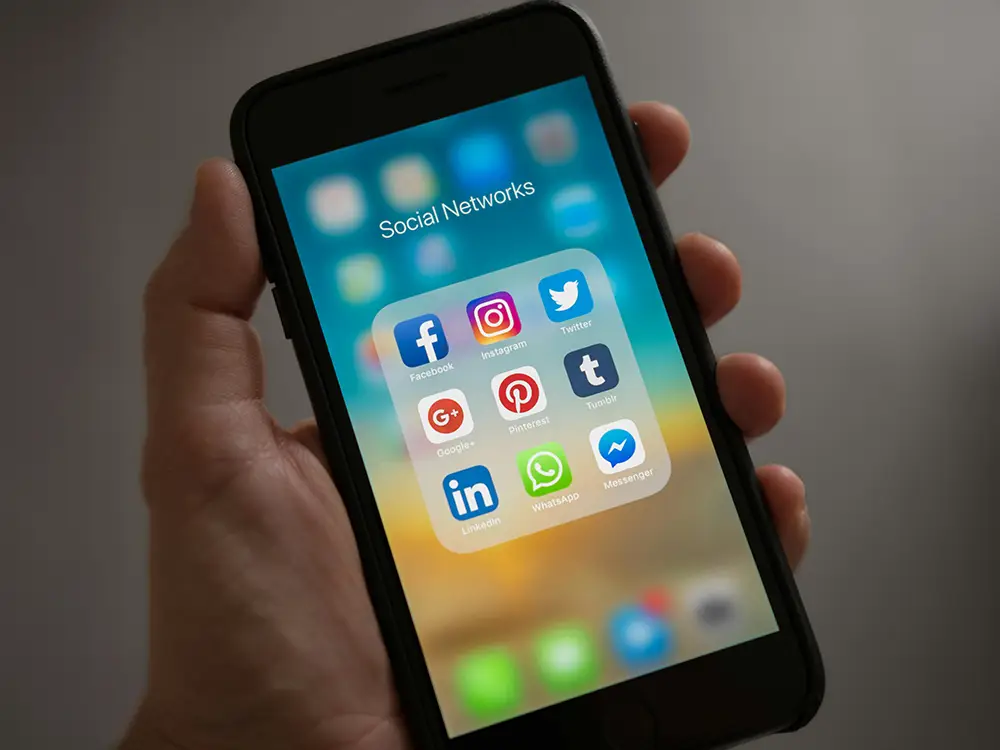By 2024, we’ll see a new era in the UK’s media landscape. It is now reflective of a digital world in which traditional platforms still exist alongside countless alternatives that have come from it.
This change is driven by changes in technology and consumer habits; consequently, it reshapes how people interact with media every day.
The Ascendancy Of Digital Content
UK media consumption is currently dominated by digital content. Recent studies show that an average Briton spends much of their day online consuming different kinds of content. Social media has remained very influential, serving as a news source as well as a place where people interact socially. Facebook, Instagram and TikTok are not only used for connecting with friends, but they are also important channels for entertainment, news and even commerce.
The Role of Smartphones
Smartphones play a pivotal role in this digital revolution. They are not just devices for communication but have become must-have tools for accessing a wide range of content. This includes TV and everything else, from podcasts and trading to getting the cheapest football tickets to the latest offers from popular casino sites. Smartphones’ versatility means that users can seamlessly switch between different types of media and activities, making them indispensable in modern life.
Streaming Services and On-Demand Content
Streaming services have significantly disrupted traditional television. Platforms such as Netflix, Amazon Prime Video, and Disney+ have become household staples, offering vast libraries of content that can be accessed anytime. This shift to on-demand viewing has led to a decline in live TV viewing, although major events and sports broadcasts still draw substantial audiences. The flexibility and convenience of streaming services have made them particularly popular among younger audiences, who value the ability to watch content on their own terms.
The strength of radio and podcasts
Even though digital platforms have grown, traditional radio is still massively important today with continued growth, with the increase in digital stations and podcasts. These have been able to attract new audiences by adjusting themselves to what people want nowadays. Podcasts have gained more popularity than before because they serve specific interests and can be listened at while doing something else. From true crime series to business talk shows, every individual can get what they love most as seen by the variety presented targeting all kinds of United Kingdom listeners.
How people consume news today
The manner in which people watch the news has drastically changed. Despite the continued relevance of print media such as newspapers or televised bulletins from time immemorial up to nowadays, lots would opt for their smartphones to read breaking news, even before checking out anything else further afield. Digital news platforms and social networks, alongside apps designed specifically for conveying information, provide immediate access to both breaking stories plus detailed overviews concerning various events worldwide. This speediness, combined with user-friendliness, becomes particularly handy these days.
The media consumption habits of UK residents in 2024 reflect a dynamic and rapidly evolving landscape. Digital platforms dominate, offering flexibility and convenience that traditional media struggles to match. Smartphones serve as the central hub for accessing a huge range of content, from streaming services to podcasts and e-commerce. While traditional media still holds relevance, its role is increasingly complemented by digital alternatives that cater to the diverse and changing preferences of modern audiences. As technology continues to advance, the ways in which Britons consume media will undoubtedly continue to evolve, shaping the future of the media landscape.
